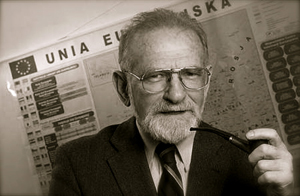 “We created Europe, now we have to create Europeans.”
“We created Europe, now we have to create Europeans.”
“Poland, today free, and Europe, united […] owe you a great deal. Your contribution to the victory of truth, liberty, humanism and the understanding of European identity is tremendous.” These words were used by Archbishop Tadeusz Gocłowski speaking about the person of Prof. Bronislaw Geremek during a Requiem mass celebrated in his honour on the 21st of July, 2008, at St. John’s Cathedral in Warsaw. Tadeusz Mazowiecki, Poland’s first prime minister after the fall of communism in 1989, said that Prof. Geremek “was a Pole among Europeans and a European among Poles”.
One month later, in late August 2008, I became a Natolinian. I will never forget my first days in the College and my very first visit to the Natolin library situated in the former stables. I was delighted with the natural splendour and simplicity of that place, its wooden beams and creaking stairs. Wandering among the shelves filled with all kinds of European literature, I suddenly stumbled across “The common roots of Europe” by B. Geremek… Thrilled, I took the book and eagerly began a passionate study of his work, right there in the midst of the book cases. The tiny sunbeams were breaking through the small windows on the first floor and I saw the first yellow leaves dancing with the subtle wind outside. Summer was almost over and autumn was still far away. There was something intangible in this one particular moment in the library, some kind of metaphysics that is still too difficult for me to conceptualize. “He’s still there and will be there forever” – I thought. This was actually the very first time I realized mine was the first generation of Natolinians who would never have the chance to meet Prof. Geremek…
“Populo utilis.” This Latin phrase — “in the service of the people” — was how Prof. Henryk Samsonowicz defined Prof. Geremek during a special colloquium held by the Natolin campus of the College of Europe on the 16th of December, 2008. As a matter of fact, the colloquium was dedicated to the memory of this great Pole, considered by many as one of the most outstanding figures serving Europe and the idea of European integration.
The participants of the discussion as well as the invited guests (there were, among others, Andrzej Wajda and Adam Michnik) were first welcomed by the Vice-Rector of the College of Europe, Mrs. Ewa Ośniecka-Tamecka. The debate was opened by the Rector of the College, Prof. Paul Demaret, who stressed that the life and career of Prof. Geremek reflect the history of Poland and that of Europe. Then, the floor was given to Prof. Henryk Samsonowicz whose passionate allocution drew a very detailed portrait of Prof. Geremek, showing not only his academic and political achievements, but also his human qualities. Prof. Samsonowicz emphasized that more than 300 of Prof. Geremek’s academic works (which concentrate predominantly on the life of the poorest classes and on people on the margin of society) clearly show that people were always in the very centre of his interest. Prof. Samsonowicz also stated that Prof. Geremek was not a scientist sitting at his desk, but one who initiated projects and stimulated others to act, one who wanted to participate in activities aimed at making the world a better place to live. Moreover, he was, according to Prof. Samsonowicz, a wondefrul friend who always had good intentions and helped others regardless of time, effort and cost. In his closing words, Prof. Samsonowicz deliberately chose a phrase from his friend’s beloved epoch, the Middle Ages, to describe him: “populo utilis”.
After the allocution, Prof. Georges Mink introduced a discussion organised around the fragments of an interview made with Prof. Geremek in June 2008 (available at www.ena.lu): Bronislaw Geremek – a man of action and a thinker. Among the participants were: Prof. Jean-François Berger, Mikołaj Dowgielewicz, Dr. Gilles Grin and Prof. Adam Daniel Rotfeld. Prof. Jean-François Berger, who met Prof. Geremek in the 1950s, stressed that nothing was of greater interest to Prof. Geremek than people, especially social outcasts, the less privileged and the poorest layers of society. Mikołaj Dowgielewicz, Minister of European Affairs who worked with Prof. Geremek and was his student in the College of Europe, Natolin campus, stated that Geremek largely contributed to the success of the EU 2004 enlargement. He also mentioned the last report that Prof. Geremek prepared as a MEP in spring 2008, related to the project of social consultations in the EU and to the European identity, as well as to European citizenship. “We created Europe, now we have to create Europeans” – by this paraphrase of Garibaldi, Prof. Geremek often stated his priorities. Dr Gilles Grin (from Jean Monnet Foundation) expressed his deepest gratitude to Prof. Geremek, a frequent guest in Lausanne, who initiated numerous debates and often emphasized that Europe was first and foremost its citizens, and not just its economy. Prof. Adam Rotfeld, former Polish Minister of Foreign Affairs, stressed Prof. Geremek’s crucial role in the European debate on democratic deficit.
The topic that followed was Bronisław Geremek – Professor of the European Civilisation, discussed by Prof. Geremek’s former students of the College of Europe, Natolin campus: Edouard Gaudot and Dominika Nowak. According to the first speaker, education was for Prof. Geremek of political value, it was a true investment in the future. Edouard Gaudot also stated that thanks to Prof. Geremek, every student coming to the College felt much more European at the end of the academic year. Dominika, who had a chance to work with Geremek as his assistant, underlined that he was one of the most available professors of the College. She added that for Prof. Geremek, who concentrated much less on the formal procedures governing the EU institutions and much more on people, Europe meant, in the first place, Europeans. She stated at the end that Prof. Geremek, a teacher truly passionate about Europe, often finished his lectures with the statement: “L’Europe, c’est tout de même merveilleux!”
Looking at a picture of Prof. Geremek, with his impressive pipe and smiling mysteriously, I had this irrefutable feeling that he was among us on this winter evening, 16th of December. I feel that we, the young generation of Europeans, we are today responsible for “applying” this great heritage that he left us. We must do our best to cultivate the memory of our outstanding mentor, a great Pole and a great European, who undoubtedly is, citing Lucan, “utile mundo editi in exemplum”…
CR
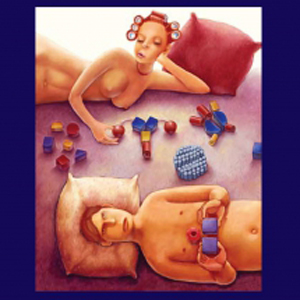
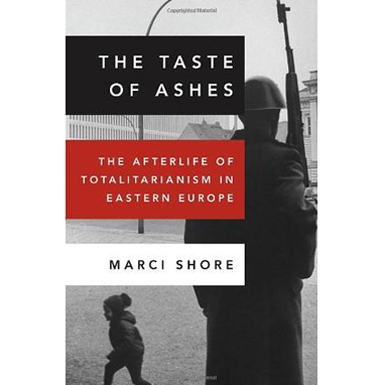
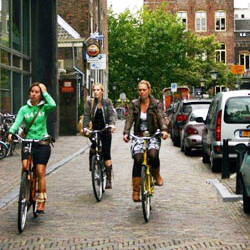
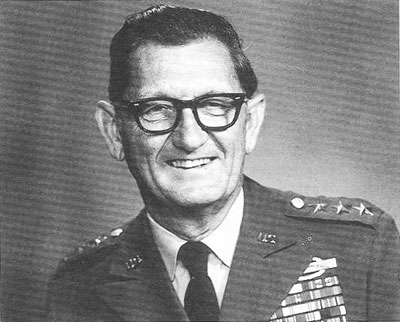
Pingback: An ever looser Union among the people of Europe? - Alberto-Horst NeidhardtAlberto-Horst Neidhardt